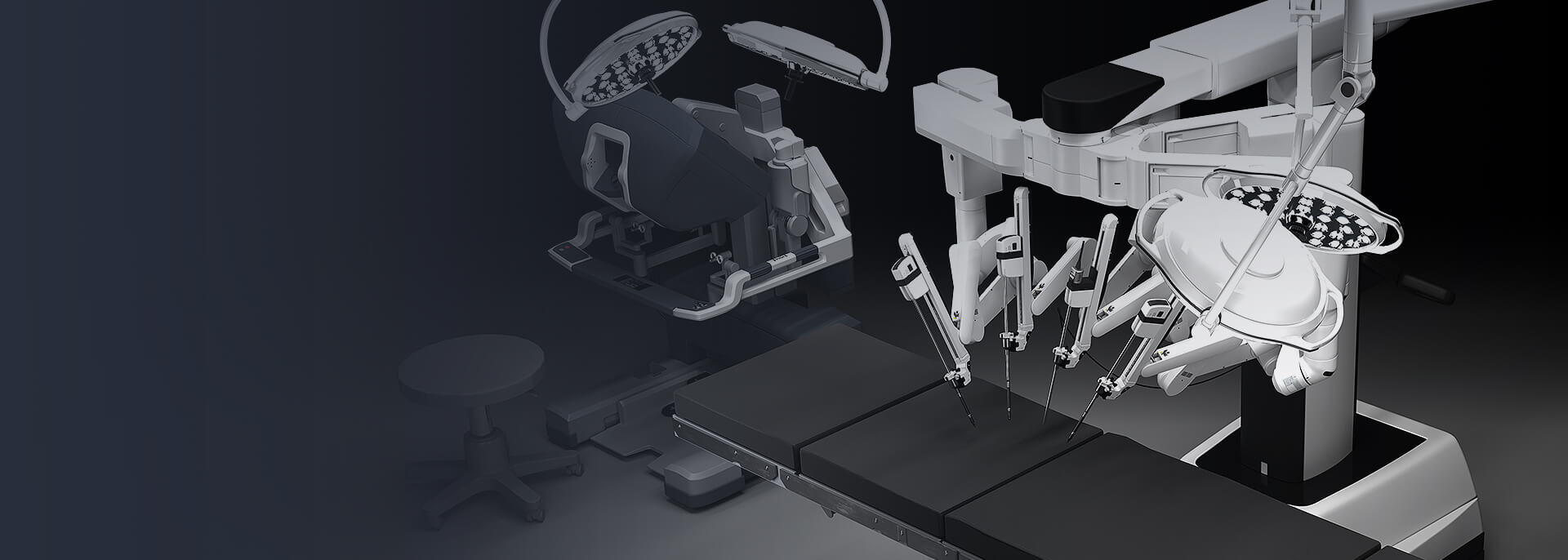What Can I Expect During Recovery?
You will be given discharge instructions according to your surgery before leaving the hospital. Make sure you and your family/friends read them and understand them before leaving. Clarify questions with the hospital staff before you go home.
If you are being discharged with a foley catheter, practice emptying it and changing the bag. Check that it is well secured to the leg at all times with plenty of slack so there is no pulling of the catheter at the surgery site. Periodically check that there are no kinks or twists in the catheter or tubing that could block the flow of urine and compromise the surgery site. Expect the urine to have blood, small clots and debris, intermittently over the next week or so. The more pink the urine, the more fluid you need to drink to flush the system and prevent clots.
Pain and soreness will resolve over the course of days or weeks. Pain medicine should be taken as needed. You may be prescribed narcotic pain medicine (eg. Vicodin). Narcotics can have side effects such as confusion, anxiety, nausea and constipation. If you have these side effects try over the counter acetaminophen (Tylenol), taking less medication or taking medication with food.
You may see minor spotting or oozing of clear fluid from the skin incisions. You may place gauze from a drug store over this for a day or two if needed. You may have skin glue or skin strips that will come off on their own in 7-10 days.
Typically you may shower 24 hours after surgery is complete and should shower daily. Avoid baths for 48 hours. Let warm soapy water run over the incisions then pat dry. Usually you do not need to apply any dressings. Check with your surgeon for your particular surgery.
Avoid constipation by walking, staying hydrated and eating plenty of vegetables and fruits (eg. prunes). If you are constipated, take over the counter Senekot or SennoGen, one to two tabs by mouth twice daily. Avoid straining postoperatively as it may affect the surgical site and cause bleeding.
Stay hydrated and eat a bland diet with small frequent meals. Avoid large, heavy meals or spicy foods.
It is very important to walk at least three times per day. Each day increase the distance you walk. This decreases the risk of complications such as blood clots and promotes healing.
Avoid strenuous activity (jogging, elliptical) or lifting more than fifteen pounds for six weeks. Your surgeon may extend this to eight weeks if you had a long surgery or have risk factors for developing a hernia.
Call the office immediately or come to the emergency room for fever, catheter stops draining, inability to urinate, leg swelling or pain, if the incisions opens up with active bleeding, pus or bulge.
Is Robotic Surgery Easier For the Surgeon than Traditional Surgery?
Contact us to request an appointment or ask a question. We're here for you.



